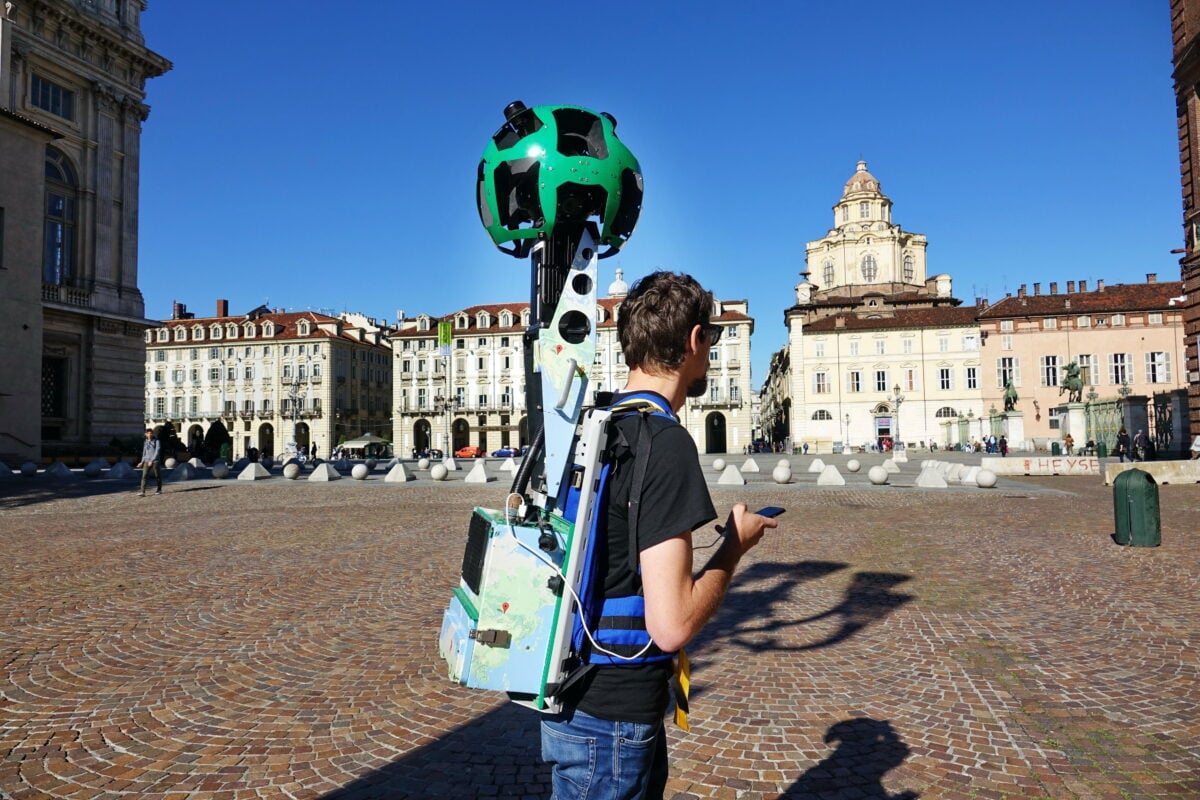TLDRs;
-
Google launches AlphaEarth Foundations, enhancing Google Earth AI’s climate and city planning capabilities.
-
The new tools predict floods, wildfires, and urban risks using advanced geospatial reasoning.
-
Google hasn’t released pricing or business access details for AlphaEarth through its cloud platforms.
-
Certified partners could commercialize the models for climate risk, infrastructure, and insurance solutions.
Google has introduced a new wave of artificial intelligence upgrades to its Google Earth platform, expanding its suite of geospatial models to address climate and urban challenges.
The updated system, dubbed AlphaEarth Foundations, builds upon Google’s previous work in geospatial reasoning and aims to enhance how researchers, city planners, and disaster response teams analyze real-world data.
The company said the models can simulate detailed weather patterns, predict floods and wildfires, and support infrastructure and health-related planning. These AI-driven capabilities are now integrated across Google Earth, Google Maps Platform, and Google Cloud, marking a significant step in Google’s long-term vision to use artificial intelligence for planetary-scale problem-solving.
Expanding Earth AI for Global Impact
The newly launched AlphaEarth Foundations model represents an evolution of Google’s earlier environmental tools.
It draws on vast satellite imagery and geospatial datasets to detect patterns that traditional analysis might miss. For instance, the AI can identify areas at high risk of flooding before disasters occur, helping local authorities plan evacuations or infrastructure upgrades more efficiently.
Google’s AlphaEarth Foundations maps the entire planet with AI 🌍🤖
Google has released AlphaEarth Foundations, a revolutionary set of AI time embeddings that represent every 10-meter square of Earth from 2017 to 2024.
Built using optical, radar, and thermal satellite data, and… pic.twitter.com/0WH5fmG4Mk
— FutureGenNews (@FutureGenNews) October 10, 2025
Google said these models already power flood and wildfire alert systems in Google Search and Maps, where millions of users receive real-time warnings about environmental hazards. Beyond consumer tools, the company hopes the expanded Earth AI suite will drive smarter policymaking, particularly in areas vulnerable to extreme weather, deforestation, or pollution.
“AI is becoming central to how we understand our planet,” a Google spokesperson stated. “We’re using geospatial intelligence to help solve some of humanity’s toughest challenges, from climate resilience to urban sustainability.”
Lack of Business Access Raises Questions
Despite the ambitious rollout, Google has not yet clarified when or how businesses can access these advanced models through Google Cloud, Earth Engine, or Maps Platform. Current users note that while Earth Engine offers commercial pricing with tiered plans, it remains unclear whether AlphaEarth Foundations will fall under existing licenses or require a separate enterprise subscription.
This ambiguity leaves developers and SaaS vendors waiting for clear pricing and service-level details. Many observers see the announcement as a teaser for what’s coming, rather than a fully deployable enterprise product. Industry analysts suggest Google may be testing response before formalizing its commercial release strategy.
Without public pricing or integration specifics, potential enterprise adopters, like utilities, insurance providers, and urban development firms, are proceeding cautiously. Until access details are revealed, most will rely on Google’s existing data APIs or certified partner tools.
Partner Ecosystem Could Lead Expansion
Still, Google’s network of certified Earth Engine partners could play a pivotal role in commercializing these tools. Several vendors, such as Climate Engine and Arkeup GIS, already build APIs and analytics systems on Earth Engine’s infrastructure. These partners could integrate AlphaEarth Foundations into products for climate risk management, agricultural forecasting, and infrastructure planning.
If access widens, experts believe insurers could use the technology for property risk modeling, while cities might deploy it to improve emergency response or optimize zoning policies. Energy companies could also benefit by predicting where extreme weather may threaten grid reliability.
That said, Google’s next challenge will be to balance accessibility with accountability, ensuring that the same AI models helping to prevent disasters don’t become exclusive to a handful of enterprise users.







